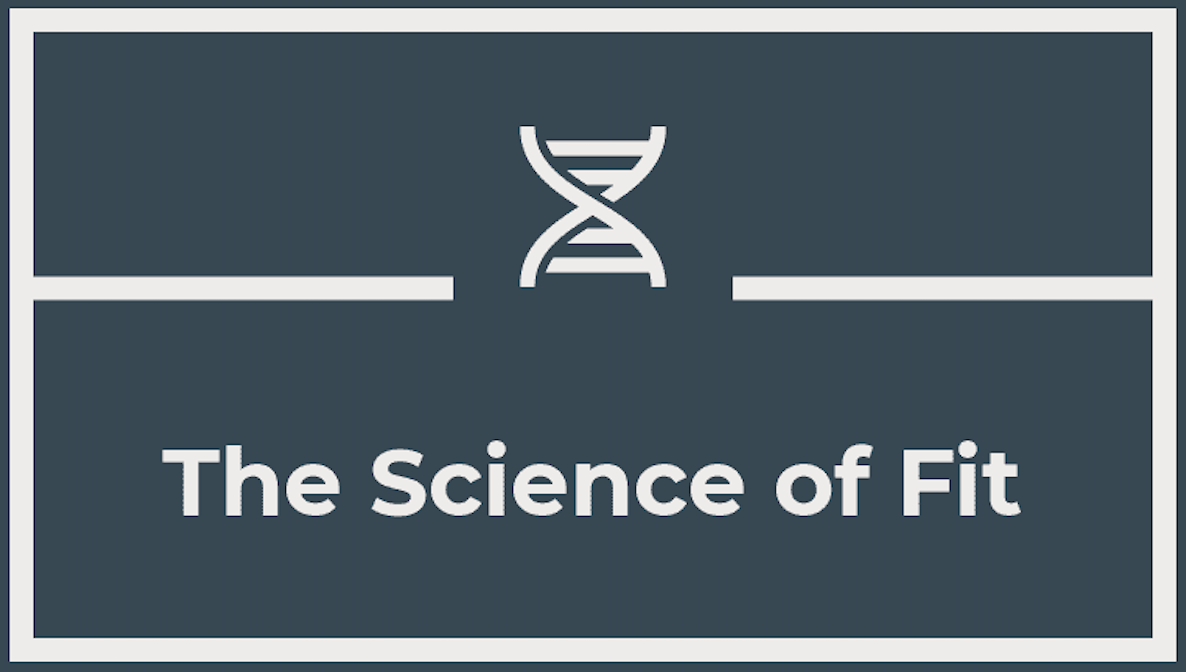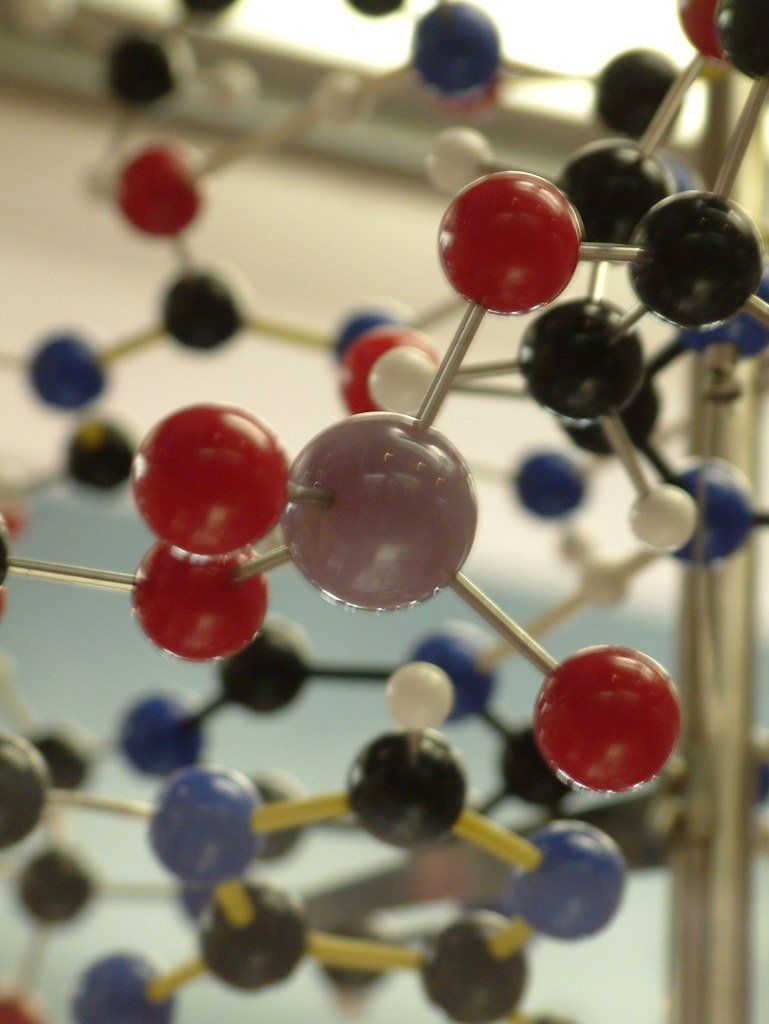Protein Powder (Multiple)
Whey, Casein, Pea, and many more

Slide title
Write your caption hereButton
Part 1: Whey Protein
Whey protein is a product that is seen on shelves everywhere from Walmart to GNC, but it’s far from the only protein supplement on the market? So what makes it so popular and different from something like pea or casein protein? First of all, whey protein is a dairy product usually formed as a by-product of the cheese-making process. The main proteins found in these products are α-lactalbumin, β-lactoglobulin, lactoferrin, lactoperoxidase, and bovine serum albumin. Before I dig deeper, we first have to understand that there are actually a few types of whey protein in and of itself.
There are three main types on the market. Those are whey protein isolate (WPI), concentrate (WPC), and hydrolysate (WPH). Whey protein concentrate has been the most popular, likely in part because it is the cheapest and the price of supplements can quickly add up. The actual protein content in WPC can vary but higher quality products often have similar percentages as to WPI. It is important to note that the purification process has come a long way in the last few decades which has increased efficiency, ultimately allowing for higher concentrations of proteins for a lower cost. The main
difference between WPC and WPI is that isolate is more processed in order to reduce the amount of carbohydrates, fat, and lactose that can be found in concentrate. For this reason, isolate is usually the choice for people following a strict diet and concentrate is for those who are more focused on general size and muscle growth.
The last of the three is hydrolysate and this product is the most processed, meaning it is usually the most expensive as well. WPH is sometimes considered to be partially digested already. This protein is also commonly referred to as hydrolyzed whey. Because the whey has already been partly digested by enzymes, the body has to do less work to break down and absorb the nutrients. The pre-broken down protein can help in a few specific ways. First, similar to WPI, it is better for people who may suffer from varying types of digestive issues. Secondly, and usually the more emphasized advantage, is hydrolysate’s ability to quickly supply nourishment to damaged muscle fibers. Some research has shown this to be beneficial when consuming after strenuous exercise. This is because the free amino acids can be sent to your muscles more quickly to aid in the repair process.
Now that you know there are several types of whey protein, it is important to know that not all forms are created equally. It can be tempting to just go the cheapest route possible to get some form of protein, however, there are some things to keep in mind. Cheaper proteins, regardless of which type, usually contain large amounts of additives and artificial flavors which could hinder your fitness goals. Additionally, like medications prescribed by your doctor, whey protein supplements go through research and testing to improve its effectiveness and safety. Cheaper alternatives often have not undergone as rigorous of testing as more expensive products and therefore may not have the effects that it promises. That being said, going with the most expensive product is usually not the right choice for most people either. The product you ultimately end up choosing will depend on your fitness goals and your financial abilities. Before buying, research the ingredients and company so that you can know what to expect. No one protein is right for everyone so make sure to look around.
Besides the benefits of using whey protein for muscle growth, there are also some other reasons to consider supplementing with it. Consuming increased protein is a great way to help people who are dieting and trying to lose weight. If you are exercising and at a caloric deficit, protein can help maintain your muscle while losing weight. Additionally, increased protein intake has been shown to increase satiety, thus you will be less likely to snack or consume additional unnecessary calories. Finally, some studies have linked whey protein consumption with lower LDL levels, improved antioxidant levels, anti-cancer benefits, as well as reduced inflammation levels. While these findings are promising, they are somewhat more contested than the other benefits of whey protein.
Part 2: Casein
Casein is a type of protein found in milk and dairy products. It constitutes about 80% of the total protein content in cow's milk and is known for its slow-digesting and sustained-release properties. Casein is often used as a dietary supplement, particularly in the form of casein protein powder, due to its unique characteristics and potential benefits for muscle protein synthesis and satiety.
1. Composition:
Amino Acid Profile: Casein is a complete protein, meaning it contains all essential amino acids required by the human body. It is rich in branched-chain amino acids (BCAAs), which are particularly important for muscle protein synthesis.
Micelles: Casein proteins in milk are arranged in structures called micelles, which are clusters of proteins and minerals. The micellar structure contributes to casein's slow-digesting properties.
2. Slow Digestion and Sustained Release:
One of the distinctive features of casein is its slow digestion rate. When consumed, casein forms a gel-like structure in the stomach, allowing it to be digested and absorbed gradually over an extended period compared to other protein sources like whey.
The slow-release nature of casein provides a sustained amino acid release into the bloodstream, making it suitable for periods where a prolonged source of protein is desired, such as between meals or before bedtime.
3. Muscle Protein Synthesis:
Studies suggest that casein protein can stimulate muscle protein synthesis, the process through which the body builds and repairs muscle tissue. While the rate of muscle protein synthesis may be slower compared to faster-digesting proteins like whey, the sustained release of amino acids from casein can lead to prolonged muscle protein synthesis.
4. Satiety and Weight Management:
Due to its slow digestion and sustained amino acid release, casein has been associated with increased feelings of fullness and satiety. This characteristic makes it a potential tool for those looking to manage body weight or adhere to a calorie-controlled diet.
5. Nutrient Content:
In addition to its protein content, casein provides other essential nutrients found in milk, including calcium and phosphorus. These minerals contribute to bone health and overall well-being.
6. Sources and Forms:
Casein is naturally found in milk, and dairy products like cheese and yogurt contain varying amounts of casein. Casein protein supplements, commonly available in powder form, can be derived from milk through various processing methods.
There are different forms of casein supplements, including micellar casein, casein hydrolysate, and calcium caseinate. Micellar casein is the most common and is known for its slow-digesting properties.
7. Allergies and Intolerances:
Individuals with lactose intolerance or milk allergies may need to exercise caution when consuming casein, as it is derived from milk. Some casein supplements, however, undergo additional processing to reduce lactose content.
In summary, casein is a high-quality protein with unique properties that make it suitable for specific dietary purposes. Its slow-digesting nature, coupled with its ability to support muscle protein synthesis and satiety, has contributed to its popularity as a dietary supplement, particularly in the realms of sports nutrition and weight management.
Part 3: Egg White Protein
Egg white protein, often referred to as egg white or egg albumen protein, is a high-quality protein derived from the whites of eggs. It is a popular dietary supplement and ingredient in various food products, known for its rich amino acid profile and versatility in culinary applications. Here are key characteristics of egg white protein:
1. Protein Content:
Egg white protein is primarily composed of proteins, with minimal amounts of fat and carbohydrates. The protein content is high-quality, containing all essential amino acids in a proportion ideal for human nutrition.
2. Amino Acid Profile:
The amino acid profile of egg white protein is considered highly bioavailable and comparable to that of whey protein, which is often considered the gold standard for protein quality. It is particularly rich in branched-chain amino acids (BCAAs), essential for muscle protein synthesis and overall protein balance.
3. Low in Fat and Carbohydrates:
Egg white protein is naturally low in fat and carbohydrates. This makes it a suitable option for individuals looking to increase protein intake without significantly impacting overall calorie, fat, or carbohydrate consumption.
4. Versatility:
Egg white protein is available in various forms, including liquid egg whites and powdered egg white protein supplements. The powdered form is convenient for adding protein to shakes, smoothies, or recipes without the need for whole eggs.
5. Digestibility:
Egg white protein is easily digestible, making it a well-tolerated protein source for many individuals. It is often recommended for those with lactose intolerance or allergies to dairy proteins.
6. Cooking and Baking:
Egg white protein is known for its functional properties in cooking and baking. When whipped, egg whites create a foam that adds structure and lightness to dishes such as meringues, soufflés, and angel food cakes. In protein powder form, it can be added to recipes to boost protein content without adding significant flavor.
7. Nutrient Density:
In addition to being a rich source of protein, egg white protein provides essential vitamins and minerals, including riboflavin, selenium, and potassium. It is also low in calories, making it a nutrient-dense option for those focusing on macronutrient balance.
8. Allergen Considerations:
While egg white protein is a valuable protein source for many, individuals with egg allergies should avoid it. For those with allergies or dietary restrictions, it's crucial to check labels carefully and consider alternatives.
9. Post-Workout Recovery:
Due to its amino acid composition and high protein content, egg white protein is often used as a post-workout supplement to support muscle recovery and growth.
10. Cholesterol-Free:
Unlike whole eggs, which contain the yolk where cholesterol is concentrated, egg white protein is cholesterol-free. This makes it a suitable protein source for individuals managing their cholesterol intake.
In summary, egg white protein is a versatile and nutrient-dense source of high-quality protein. Whether consumed as liquid egg whites or in powdered supplement form, it offers a convenient way to boost protein intake while providing essential amino acids and other nutrients.
Part 4: Pea Protein
Pea protein is a plant-based protein derived from yellow peas (Pisum sativum). It has gained popularity as a protein source in recent years, particularly among individuals following vegetarian, vegan, or plant-based diets. Pea protein is known for its high protein content, well-balanced amino acid profile, and allergen-friendly characteristics. Here are key features and considerations related to pea protein:
1. Protein Content:
Pea protein is rich in protein, typically containing around 80% to 90% protein by weight. This makes it a concentrated and efficient source of plant-based protein.
2. Amino Acid Profile:
While plant-based proteins often lack one or more essential amino acids, pea protein is considered a complete protein, as it contains all nine essential amino acids necessary for human nutrition. It is particularly noteworthy for its relatively high levels of branched-chain amino acids (BCAAs), which play a crucial role in muscle protein synthesis.
3. Allergen-Friendly:
Pea protein is naturally free from common allergens such as dairy, soy, and gluten. This makes it a suitable alternative for individuals with allergies or sensitivities to these allergens.
4. Digestibility:
Pea protein is generally well-tolerated and easily digestible. Unlike some other plant-based proteins, pea protein is less likely to cause digestive discomfort, such as bloating or gas.
5. Sustainability:
Peas are nitrogen-fixing plants, meaning they naturally enrich the soil with nitrogen. This can contribute to the sustainability of pea cultivation by reducing the need for synthetic nitrogen fertilizers.
6. Environmental Impact:
Compared to animal-based protein sources, pea protein production generally has a lower environmental impact in terms of greenhouse gas emissions and land use. It is considered a more sustainable protein option.
7. Non-GMO:
High-quality pea protein products are often labeled as non-genetically modified organisms (non-GMO), providing consumers with an assurance of the absence of genetic modification in the pea plants used for protein extraction.
8. Versatility:
Pea protein is available in various forms, including powder, which can be easily incorporated into smoothies, shakes, or recipes. It is a versatile ingredient in both sweet and savory applications.
9. Nutrient Content:
In addition to protein, pea protein contains other nutrients such as iron, calcium, and magnesium. However, it is essential to note that the levels of these nutrients may vary among pea protein products.
10. Potential Allergen Cross-Contamination:
While pea protein itself is not a common allergen, cross-contamination can occur during processing if the facility also handles allergens. Individuals with allergies should check product labels for allergen information.
11. Texture and Taste:
Pea protein is known for its neutral flavor profile, making it versatile for use in various recipes. However, some individuals may find certain pea protein products to have a slightly earthy or pea-like taste.
In summary, pea protein is a plant-based protein source that offers a complete amino acid profile, allergen-friendly characteristics, and environmental sustainability. As with any dietary component, it's important to consider individual preferences, dietary needs, and potential allergies when incorporating pea protein into one's diet.
Contact Us
Contact Us
We will get back to you as soon as possible
Please try again later




